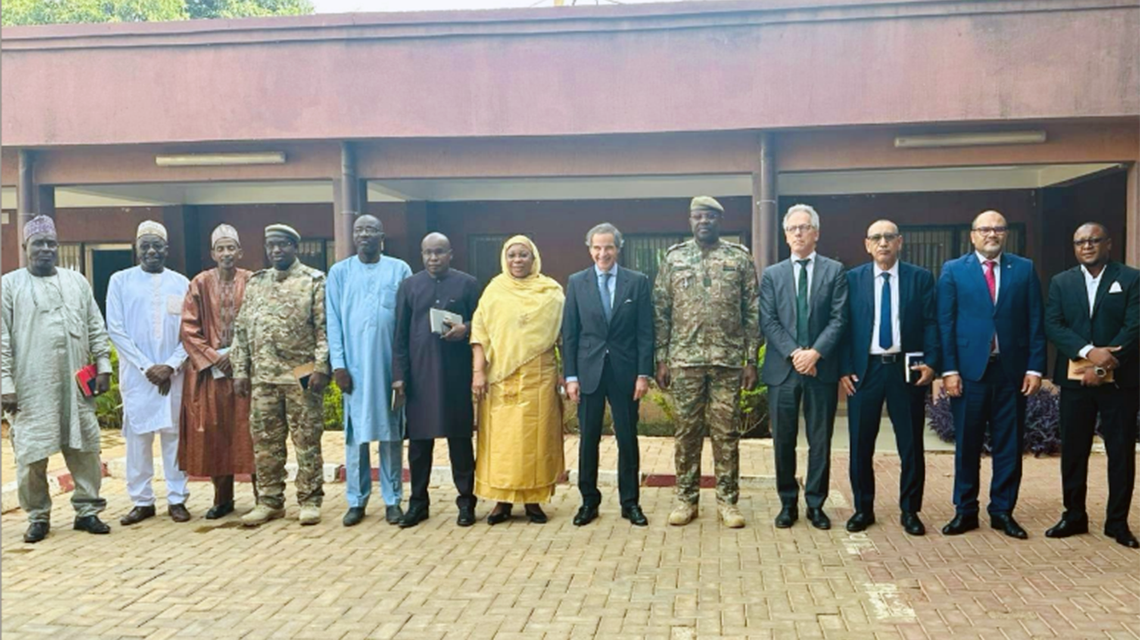The IAEA and Niger have signed an agreement, backed by World Bank funding, to improve water security in the country. This landmark collaboration will strengthen water resource management by building a national water quality laboratory and modernizing regional water laboratories in the country.
“With water scarcity affecting lives and livelihoods, strengthening Niger’s water management is critical,” IAEA Director General Rafael Mariano Grossi said. “With this agreement, we are providing the country with the infrastructure, tools, and expertise it needs to better manage this precious resource. Niger can count on the IAEA to strengthen its water management capabilities and build long-term resilience on this front,” he said.
The agreement was signed on Thursday in Niamey by the IAEA Director General and Niger’s Minister of Hydraulics, Sanitation, and Environment, Maizama Abdoulaye, in the presence of Han Fraeters, World Bank Country Manager for Niger.
Niger faces severe water scarcity due to its arid climate, rapid population growth and limited water infrastructure and has growing concerns regarding water quality.
The modernization of Niger’s regional laboratories “is more vital than ever," Minister Abdoulaye said. “It is a question of speeding up the action to be taken, to warn the population of contamination risks and protect them against these chemical threats. I am delighted to sign this agreement with the IAEA, which will establish a reference laboratory and upgrade existing ones."
Water security – its availability, quality, management and protection – is essential for human development and environmental and economic sustainability. The IAEA helps countries to manage their freshwater resources using nuclear techniques – isotope hydrology - that provide information about both surface and groundwater supplies and their interaction, particularly on water origin, movement and quality. For groundwater the IAEA provides critical support to countries working on determining the age of their groundwater reserves to ensure that they can be managed sustainably.









